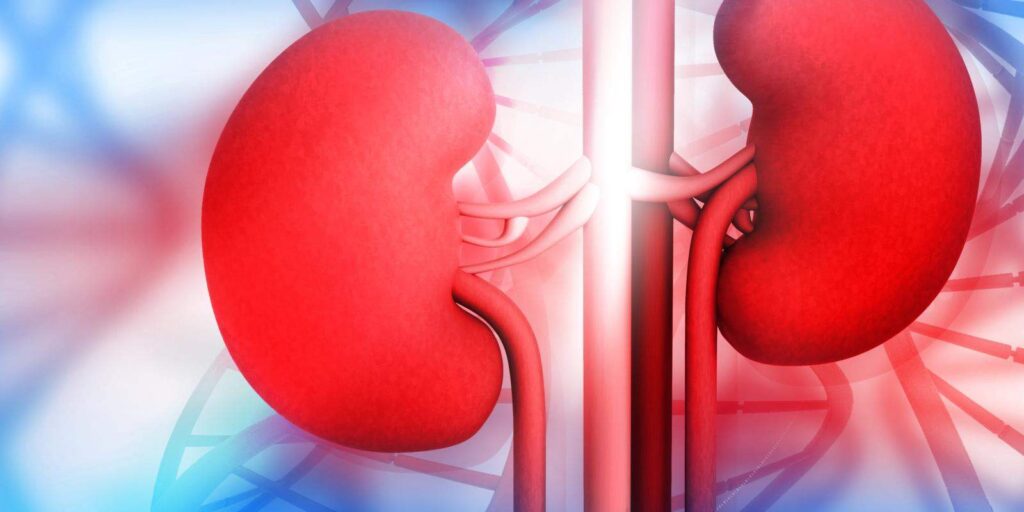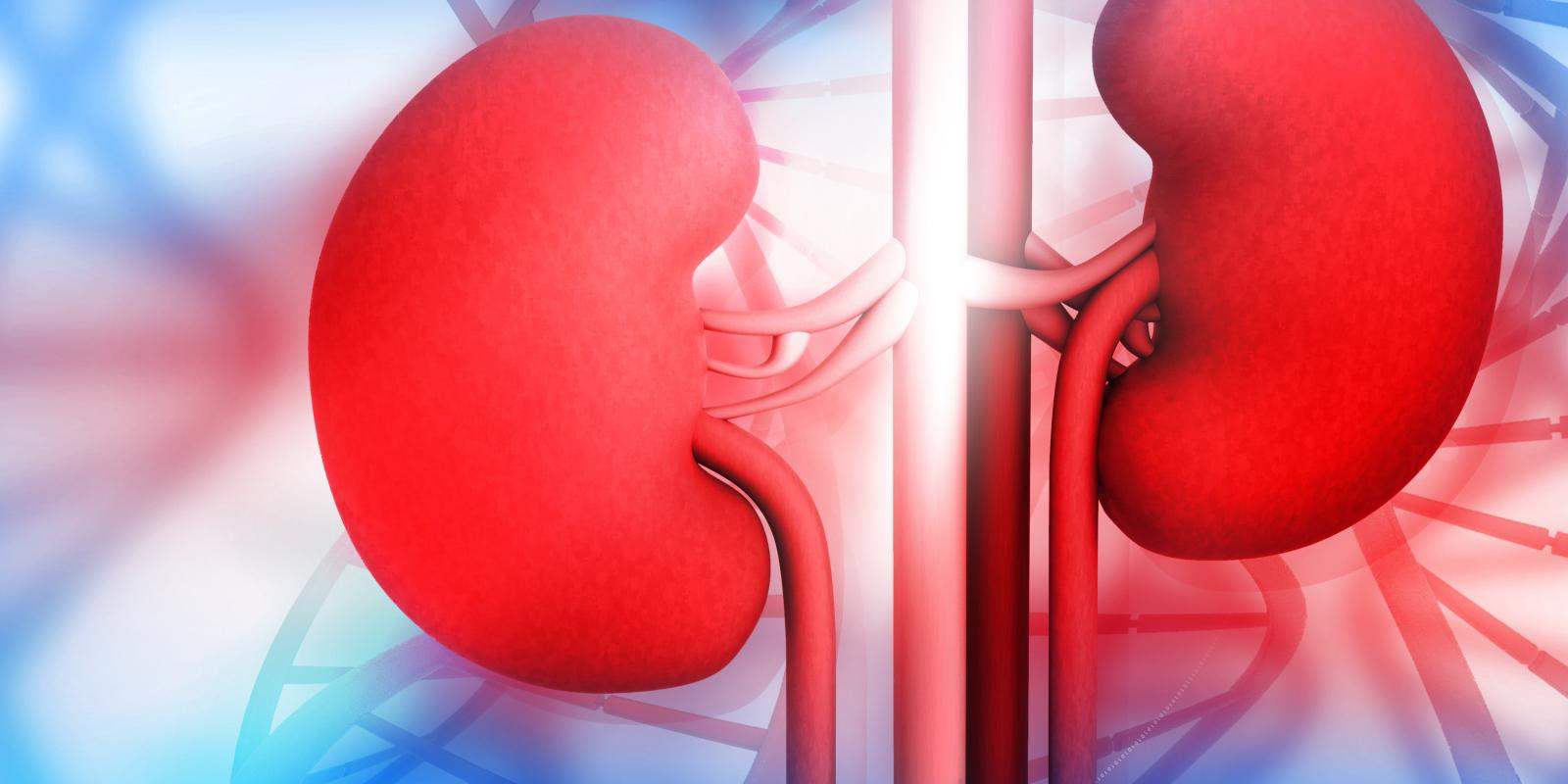Kidney disease, especially Chronic Kidney Disease (CKD), is a condition that gradually damages your kidneys, and most of the time, this damage can’t be undone. If you’ve been diagnosed with CKD, you’re probably asking yourself, “Will I ever fully recover from this?”
The truth is, it’s not a simple yes or no answer. But let’s break it down in a way that’s easier to understand.
What Exactly Is Chronic Kidney Disease?

CKD is when your kidneys lose their ability to function properly for at least three months. This means your kidneys can’t filter waste from your blood as they should, which affects your entire body. What’s scary about CKD is that it’s often called a “silent killer” because, in the early stages, there are usually no symptoms. Most people don’t even know they have it until it shows up during a routine checkup or when they’re being treated for something else.
Who Should Be Checking Their Kidneys?
If you have diabetes or high blood pressure, your kidneys are already at risk. These two conditions are the leading causes of CKD.
- Diabetes: About 1 in 3 people with diabetes will end up with diabetic kidney disease, which is a form of CKD.
- High Blood Pressure: If you have high blood pressure, there’s about a 20% chance you’ll develop CKD.
So, if you’re dealing with either of these, it’s essential to get your kidney function tested regularly. A simple kidney function test and urine analysis every six months can help catch any issues early.
If you’re generally healthy, it’s still a good idea to have an annual checkup just to be safe. And when you do get your test results, don’t rely on the numbers alone—have a doctor go over them with you, as they can help interpret any anomalies.
How Does CKD Progress?
Kidney health is measured by something called the eGFR (estimated glomerular filtration rate), which basically tells you how well your kidneys are filtering waste from your blood.
- If your eGFR is above 120 ml/min/1.73m², your kidneys are in great shape.
- If it’s between 120-90, you might be in the early stages of CKD, but it’s still manageable.
As CKD progresses, the eGFR number gets lower, meaning your kidney function is declining. This decline is often tied to other health issues or poor lifestyle choices. For example, if you have diabetes and aren’t managing your blood sugar well, it can speed up the damage to your kidneys. The same goes for high blood pressure—if it’s not under control, your kidneys will suffer.
Other things like overusing painkillers, certain antibiotics, or having heart problems can also contribute to CKD. But if you take care of these conditions early on, you might be able to prevent or slow down the damage.
The Role of Diet in CKD
What you eat plays a big role in how fast CKD progresses. A kidney-friendly diet can make all the difference in protecting your kidneys and keeping the disease from getting worse.
Can Kidney Damage Be Reversed?
This is the big question, and the answer is a bit of a mixed bag.
In some cases, yes, your kidneys can recover to a certain extent. For example, some people live perfectly normal lives with just one kidney. They may have been born that way, lost a kidney due to surgery, or even donated one. People with a single kidney are living proof that the body can adapt—your remaining kidney often picks up the slack by working harder and even growing larger to compensate.
If you catch CKD early, say at Stage 1 or 2, there’s a good chance you can stop it in its tracks with lifestyle changes and the right diet. Up to Stage 3A, you might even be able to restore some kidney function. But beyond that, recovery becomes much more difficult.
What If It’s Too Late?
If you’ve reached a point where your kidneys are severely damaged, and your doctor is recommending dialysis, don’t lose hope. Even though dialysis is a big step, you can still make a huge difference in your health by sticking to a good diet and healthy lifestyle. This helps control the amount of waste and electrolytes in your body, even when your kidneys aren’t working well.
Are There Alternative Treatments?
Some people turn to alternative treatments like Ayurveda, which has been around for centuries. Ayurveda focuses on treating the body as a whole, and for kidney disease, there’s a practice called rasayana (rejuvenation therapy). This aims to strengthen and rejuvenate body tissues, potentially helping you manage CKD better.
While Ayurveda can’t reverse the damage, it might help support your kidneys and overall health in the long run.
Final Thoughts
CKD is a complex disease, but with early detection, proper management, and a healthy lifestyle, you can slow down its progression. While you may not always be able to fully reverse the damage, there are still ways to protect your kidney function and lead a healthy, fulfilling life.
There’s always hope. Whether you choose modern medicine, alternative treatments like Ayurveda, or a combination of both, the key is to take control of your health and find what works best for you.


1 thought on “Why is kidney disease considered untreatable?”
I am extremely impressed together with your writing talents and also with the format to your weblog.
Is that this a paid theme or did you customize it your self?
Either way stay up the excellent high quality writing, it is rare to peer
a great blog like this one today. TikTok ManyChat!